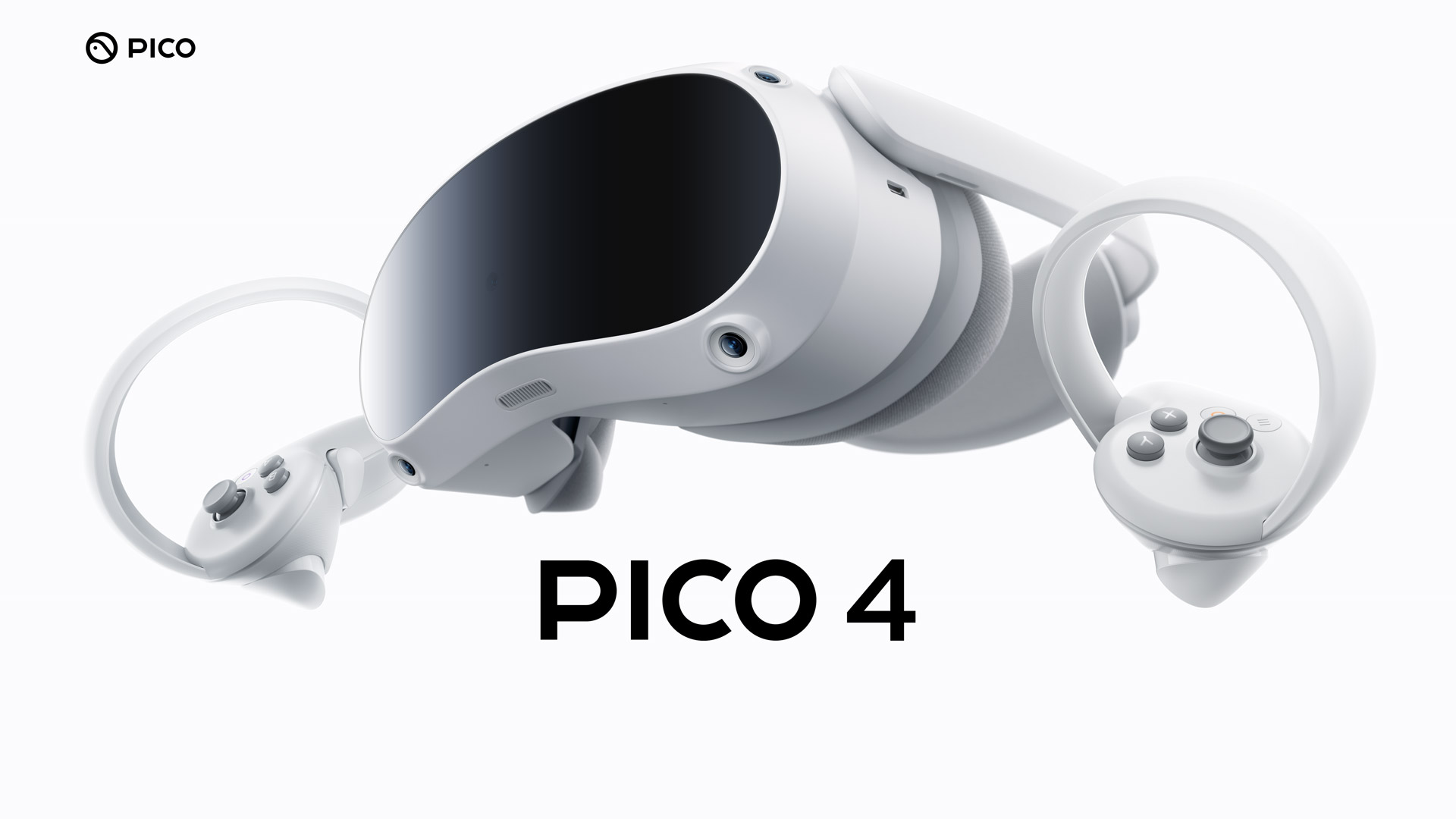ByteDance to Shut Down Pico Headset According to a Chinese Publication
According to a report by the Chinese research firm EqualOcean, Pico Interactive (Pico 4) is facing a looming deadline, as its owner, Bytedance, intends to close down the manufacturer of the virtual reality headset.

In recent times, unfounded speculations about a Pico 5 VR headset gained traction. Now, the rumor mill has shifted its focus, and if these rumors were to be confirmed, it could spell disaster for the VR industry.
As per information provided by Equal Ocean, an international information services and investment research firm established in 2018 with operations in both China and the United States, Bytedance (the parent company of TikTok) is considering a phased shutdown of Pico Interactive, the VR company it acquired in 2021.
According to the article, the head of Pico, likely Henry Zhou, was recently directed to meet with Bytedance’s CEO, Zhang Yiming. It appears that his purpose was to personally brief Zhang Yiming on the current status of Pico Interactive.
ByteDance is Not Happy With Pico’s Business Development
Bytedance reportedly clarified that Pico’s business did not meet their expectations, leading to the decision to gradually discontinue Pico Interactive.
According to insiders closely associated with Pico, the rationale behind this decision is that ByteDance’s expertise does not align with the hardware sector in which Pico operates. Furthermore, Pico’s performance has consistently fallen short of expectations over the past several years, leaving no optimism for its future.
This aligns with various pieces of information from recent months. In November, the Chinese website Sina Technology reported a crisis within Pico. The report indicated that Pico CEO Zhou’s sales target of one million Pico 4 headsets was not being achieved. It further asserted that employees were cognizant of the fact that certain hardware and software components lagged behind competitors by several years. In February, Pico acknowledged the layoff of approximately 200 employees.
Why Pico Interactive Could Face Closure
According to an insider with knowledge of Pico’s operations, Pico’s approach was excessively ambitious when venturing into an emerging market. The source stated, “Pico believed it could carve out a market by investing heavily. However, considering the current state of the VR industry, the utilization of VR products among everyday consumers remains limited. The majority of consumers are yet to grasp the potential experiences that VR can offer.”
Virtual reality and augmented reality have consistently fallen short of the grand expectations. Although these technologies retain substantial promise, they confront numerous hurdles on the path to achieving mass-market success.
Bulky and often uncomfortable headsets remain a significant barrier to extended usage, while the scarcity of compelling content poses a vital challenge in maintaining user engagement.
Furthermore, grasping the benefits and potential of VR and AR necessitates firsthand experience, indicating a slow adoption process. Overcoming these challenges demands enduring commitment within the industry.
Bytedance acquired Pico Interactive merely two years ago for approximately $600 million. Despite the noteworthy improvements introduced by the Pico 4 compared to its predecessors, making it the first substantial rival to Meta, Pico Interactive has encountered difficulties in establishing a strong presence in Western markets.
Its official availability is still limited to East Asia and Europe. Notably, in Europe, there has been a lack of substantial marketing efforts, even though TikTok would have served as an ideal promotional platform.
Another contributing factor to the Western market’s underperformance is the dearth of stand-alone content. In reality, the Pico 4 primarily functions as a PC VR headset, which restricts its potential user base to individuals who possess a personal computer.
A Difficult Market
Bytedance appears to have anticipated swift success, a common trend within the VR industry where lofty expectations often arise from intense hype. Evidently, the social media giant’s patience has already worn thin.
This development raises concerns for the VR market as a whole, particularly when considering the challenges faced by other prominent players. Sony, for instance, has remained stagnant for approximately six months without any notable progress on its PlayStation VR 2, despite it being an exceptional VR headset tailored for PS5 gaming.
As of now, it’s primarily Meta that’s actively driving the development of VR and AR. Nevertheless, the launch of Quest 3 has encountered challenges, with widespread supply problems implying that the release might not have been guided by a strong market projection. During Connect 2023, Meta’s CEO Zuckerberg also briefly addressed the XR topic within a mere ten-minute discussion.
Competition holds significant value in the mixed reality domain as the expansion of immersive technologies hinges on variety and content. The more limited the choices, the more sluggish the growth will become. If the report proves accurate, today marks a disheartening moment for the XR industry.
https://virtualrealitytimes.com/2023/10/20/bytedance-to-shut-down-pico-headset-according-to-a-chinese-publication/https://virtualrealitytimes.com/wp-content/uploads/2023/03/Pico-4-US-Launch-600x338.jpghttps://virtualrealitytimes.com/wp-content/uploads/2023/03/Pico-4-US-Launch-150x90.jpgBusinessAccording to a report by the Chinese research firm EqualOcean, Pico Interactive (Pico 4) is facing a looming deadline, as its owner, Bytedance, intends to close down the manufacturer of the virtual reality headset. In recent times, unfounded speculations about a Pico 5 VR headset gained traction. Now, the rumor...Sam OchanjiSam Ochanji[email protected]EditorVirtual Reality Times - Metaverse & VR
